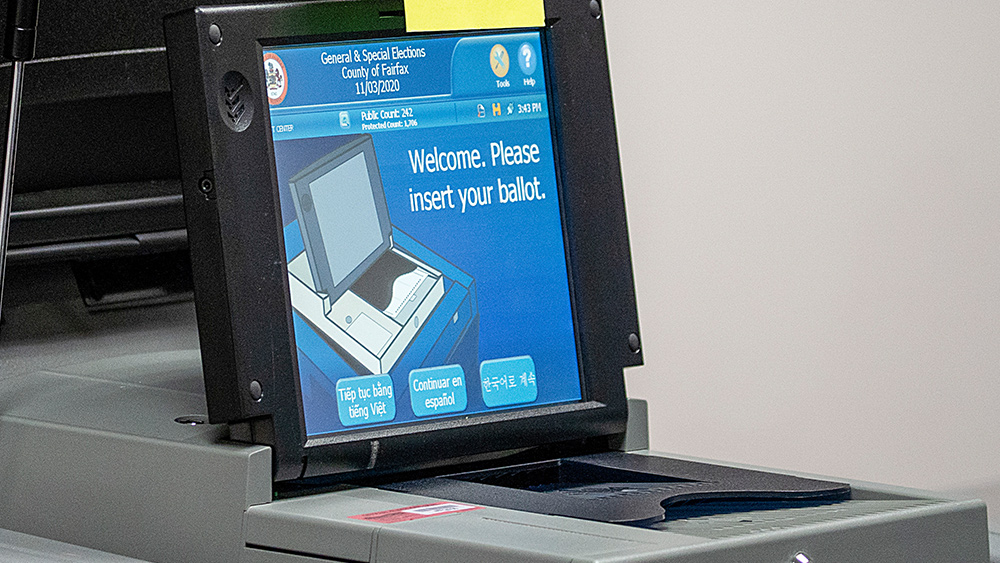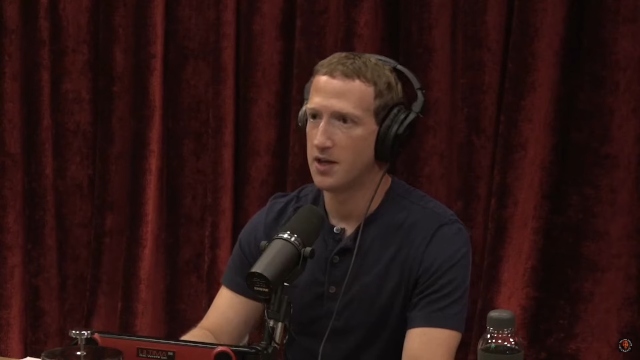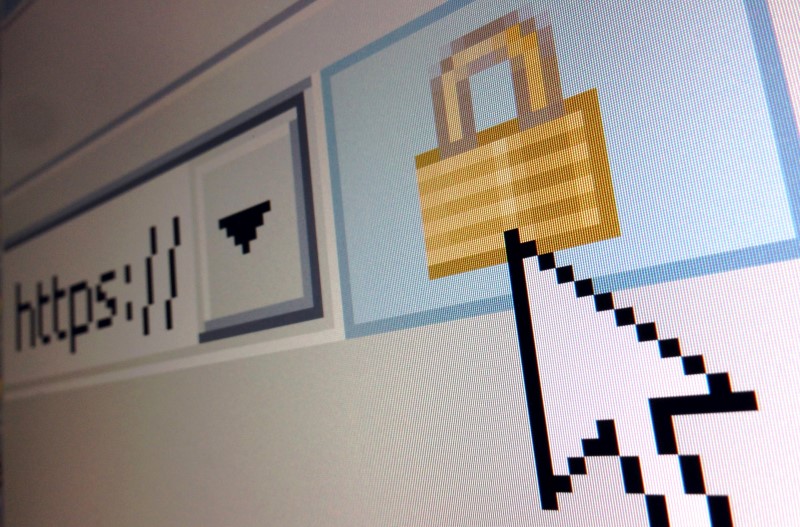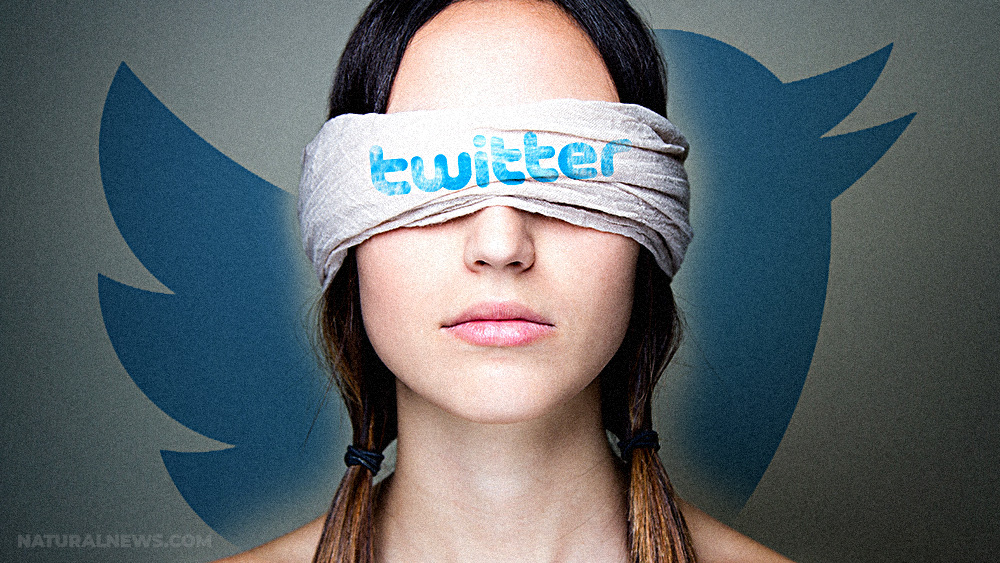Google threatens to leave Australia if it passes proposed digital media code
02/03/2021 / By Arsenio Toledo

Google is threatening to end its search engine services in Australia if the country passes its proposed “digital media code” that would require the tech giant to pay local news publishers for the articles it links to. Prime Minister Scott Morrison isn’t fazed, saying that Microsoft’s own search engine Bing will be able to fill the void if Google carries out its threat.
Morrison told the National Press Club of Australia that Microsoft is “pretty confident” that Australians would not be worse off without Google.
Morrison said that he has spoken with Microsoft’s chief executive officer Satya Nadella regarding Bing taking a leading role with regards to Australia’s search engine requirements. Microsoft confirmed that this online meeting took place, but they refused to release any details regarding the conversation.
“We recognize the importance of a vibrant media sector and public interest journalism in a democracy and we recognize the challenges the media sector has faced over many years through changing business models and consumer preferences,” said Microsoft in its statement. The company refused to comment on the proposed digital media code.
Currently, Google dominates the search engine market in Australia. According to web analytics service Statcounter, Google has a 95 percent market share, followed in second place by Bing with 3.6 percent. (Related: Google Play deletes over 150,000 Robinhood app reviews after frustrated users leave one-star ratings.)
“These are big technology companies and what’s important to Australia, I think, is that we set the rules that are right for our people,” said Morrison. “Having a news environment in this country that is one that is sustainable and is supported commercially, then this is vital to how democracies function.”
Google argues that paying for content would “dismantle a free and open service that’s been built to serve everyone.”
In a statement, Mel Silva, the managing director for Google Australia and New Zealand, said that the digital media code would break “a fundamental principle of how the web works and setting an untenable precedent for our business, the internet and the digital economy.”
The proposed digital media code would make big tech companies – including Google and Facebook – pay Australian media outlets for using news content. The government doesn’t plan to force Bing to pay for content, but it has not ruled out the possibility of including Microsoft in the proposal.
Google has carried out threats against nations before. In 2010, it effectively shut down operations in China after discovering that the communist nation targeted it in a cyberattack. Four years later, it took out Google News from Spain after the government passed a similar copyright law that would have forced it to pay news publishers for their stories.
Just recently, the big tech company signed a deal with a group of French publishers requiring it to pay these publishers for their content. But unlike the Australian proposal, Google has a lot more control over how much it will pay. For starters, it does not have to pay for links to news sites.
Google also has the freedom to negotiate individual licensing deals with different news corporations, with payments based on a variety of factors such as monthly site traffic.
According to Peter Lewis, director of the tech watchdog group the Center for Responsible Technology, Google is terrified by the Australian proposal and is resisting it as much as it can because the code may set a precedent that other countries can follow to force the tech giant to fall in line.
“I think Google’s view is that they are so superior that people can’t live without them,” said Lewis. “There is a whole bunch of flow-on effects that I don’t even know if Google have probably thought through yet.”
Australian government touts benefits of Google-less continent
Not only is Morrison holding firm against Google’s threats, but his ministers are also touting the possibilities that come with Google’s withdrawal from the continent.
Minister for Communications, Cyber Safety and the Arts Paul Fletcher argues that Google’s departure may pave the way for a rise in investment from other players in the local market.
“We know that big tech companies make these threats from time to time, they don’t always follow through,” he said, regarding Google’s potential exit from Australia. “But this is a potential commercial opportunity for other providers of search.”
When asked whether Bing can be a sufficient alternative for Google, Fletcher said that the meeting between Microsoft and the prime minister sends a very strong signal that companies are gearing up for the opportunity to become Australia’s leading search engine provider.
“There will be a strong market response,” said Fletcher. “Ultimately, at the end of the day, if you want to do business in Australia, you need to comply with the laws of the sovereign government of Australia. That’s not a particularly radical position. What we’ve seen in other areas where we’ve introduced laws that initially have been resisted by global technology businesses is that ultimately they have complied.”
The digital media code, known by its formal name, the News Media Bargaining Code, passed in the House of Representatives and is up for debate in the Australian Senate. Barring interference from tech giants like Google, the code will pass. Whether or not the company follows through on its threat to depart remains to be seen.
Sources include:
Submit a correction >>
Tagged Under:
Australia, Big Tech, big tech regulation, Bing, digital media code, Google, media code, Microsoft, News Media Bargaining Code, regulation, Scott Morrison, tech giants, technology
This article may contain statements that reflect the opinion of the author
RECENT NEWS & ARTICLES
COPYRIGHT © 2017 GLITCH.NEWS
All content posted on this site is protected under Free Speech. Glitch.news is not responsible for content written by contributing authors. The information on this site is provided for educational and entertainment purposes only. It is not intended as a substitute for professional advice of any kind. Glitch.news assumes no responsibility for the use or misuse of this material. All trademarks, registered trademarks and service marks mentioned on this site are the property of their respective owners.



















